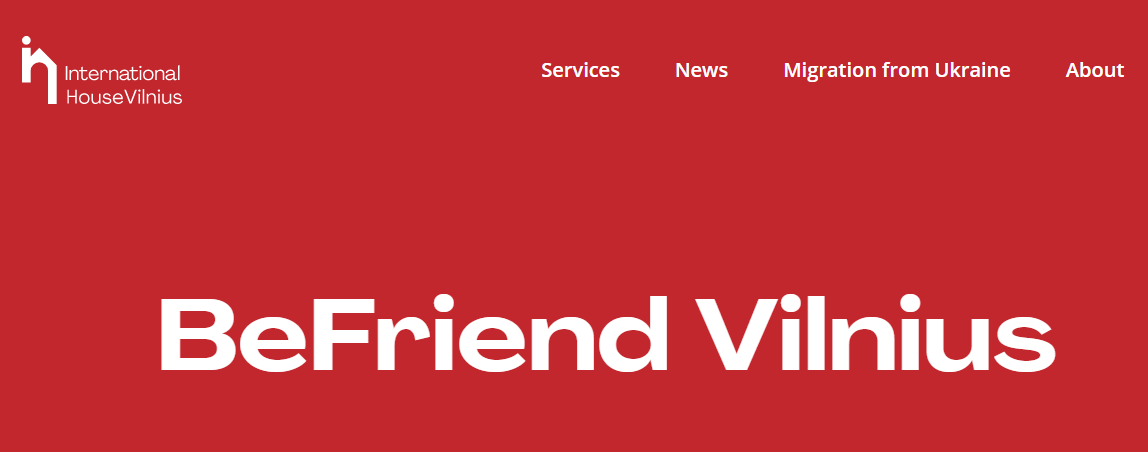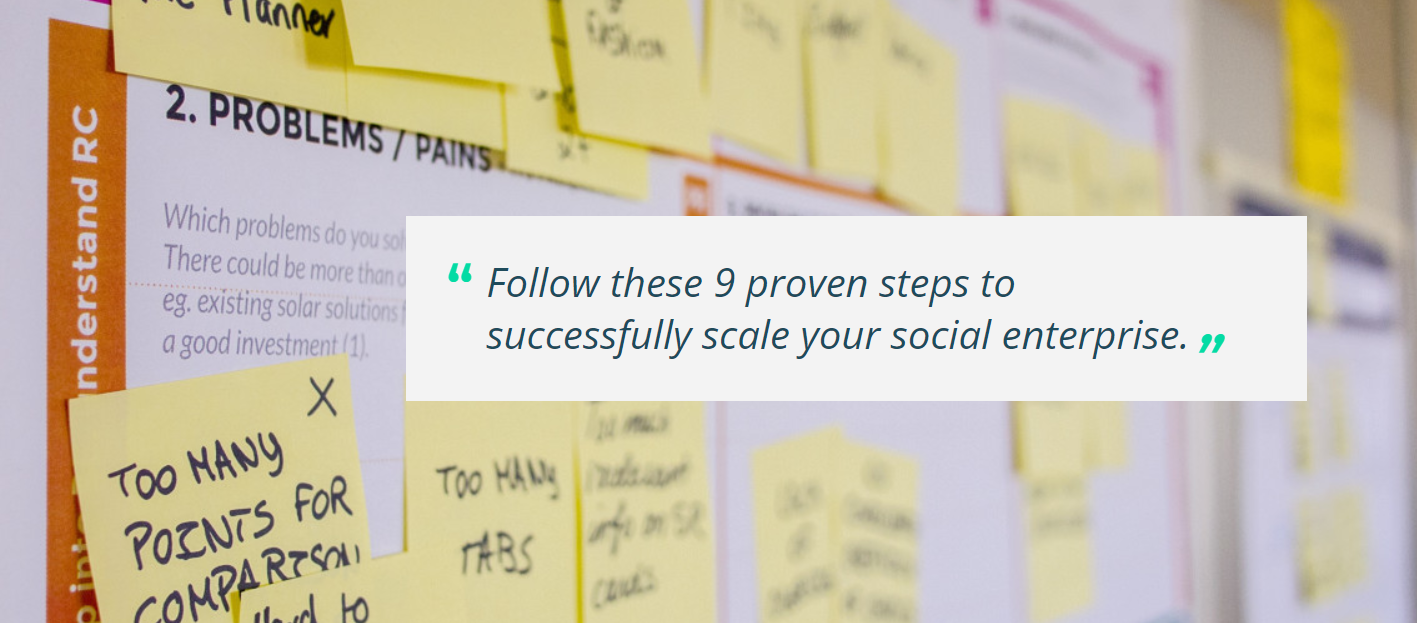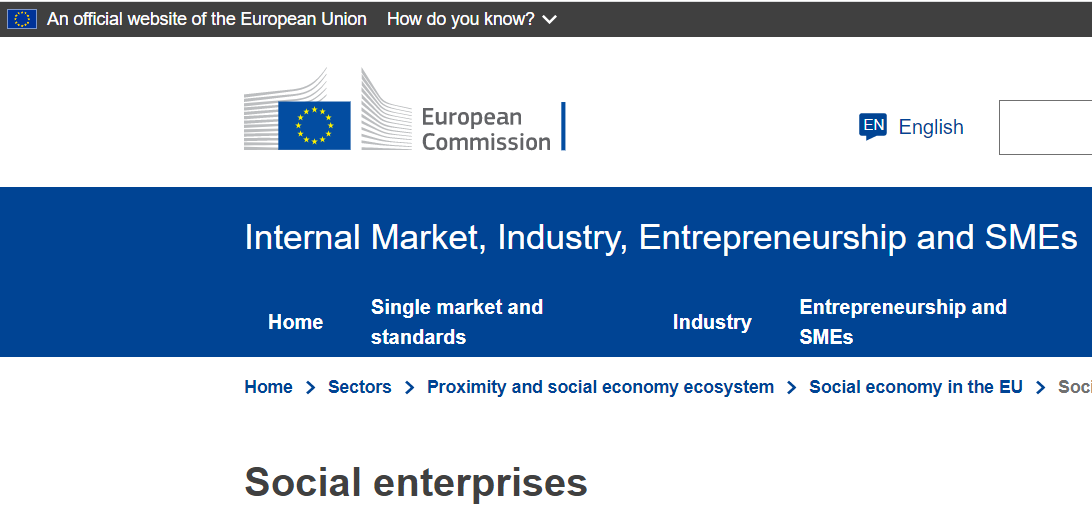Interreg Central Europe website shared great info on their currently running project “CE Responsible – Empowering Social Business in Central Europe” . The aim of it is to connect successful entrepreneurs with social entrepreneurs through our soon developed platform to make strong, long-term connections.
It’s a win-win situation: while the social entrepreneurs gain the knowledge and expertise they need, successful entrepreneurs create a new business environment and improve positive social impact.
They recently shared info on Information Communication Technology tools that can greatly improve daily internal communication of business enterprises and consequently the quality of their products and outputs. They will only get more important in a post-covid period where remote work and online meetings will gain more popularity than in previous periods. Furthermore, as social entrepreneurship has a strong tendency to innovate (in fact they have to be innovative in one aspect or another), ICT tools are a perfect match in reaching goals and changing a social or ecological issue towards better.
If used properly and if there is a solid business strategy (they are only tools, not a guarantee of a successful business), they can improve social entrepreneurs’ internal communication and work pace, public outreach and visibility, customer experience, etc.
Impact measurement and management tools (IMM)
Impact Reporting & Investment Standards (IRIS+) – an online and generally accepted system for measuring, managing, and optimizing social or ecological impact
– Mobenzi – enables organisations to measure and maximise their impact by digitising their fieldwork and data collection
– The B Impact Assessment – complete, free, comprehensive and interactive online impact measurement tool, specifically designed for various types of businesses and activities. The Assessment comprehensively covers the impact of a business on all of its stakeholders, including its workers, suppliers, community, and the environment also captures best practices regarding mission, measurement, and governance.
– Clear Impact – platform for automated assessment and planning of impact that allows businesses to create custom visualisations and converge project management with impact management, but also public communication for advertising their impact.
– Social Value UK – an convenient Excel spreadsheet of the value map with pre-set formulas to help to calculate impact.
– Global Reporting Initiative (GRI) – allows social entrepreneurs to upload their own report, but also browse through thousands of others, getting new business sustainability and impact ideas
– SDG compass – allows social entrepreneurs to upload their own report, but also browse through thousands of others, getting new business sustainability and impact ideas
– The Impact Management Project (IMP) – provides a forum for organisations to build consensus on how to measure, assess and report impacts on environmental and social issues.
– Sustainable Livelihoods (SL) – This tool helps users understand poverty from the perspective of the stakeholder. The SL framework looks at how a stakeholder’s range of assets (not just physical) currently impacts their livelihood, and it delivers insight on what additional assets would be required to achieve positive and sustainable livelihood outcomes.
– The Higg Index – a suite of tools that enables brands, retailers, and facilities of all sizes to accurately measure and score a company or product’s sustainability performance
Planetly – easy and certified way to analyze company’s carbon footprint and Klima – simple, rewarding, effective tools to help you fight for the planet
This publication has been prepared within SENBS project No. 2020- 1-EE01-KA204-077999. The content of this publication is the sole responsibility of the project coordinator and may not always reflect the views of the European Commission or the National Agency.
















Can you be more specific about the content of your article? After reading it, I still have some doubts. Hope you can help me.
I don’t think the title of your article matches the content lol. Just kidding, mainly because I had some doubts after reading the article.